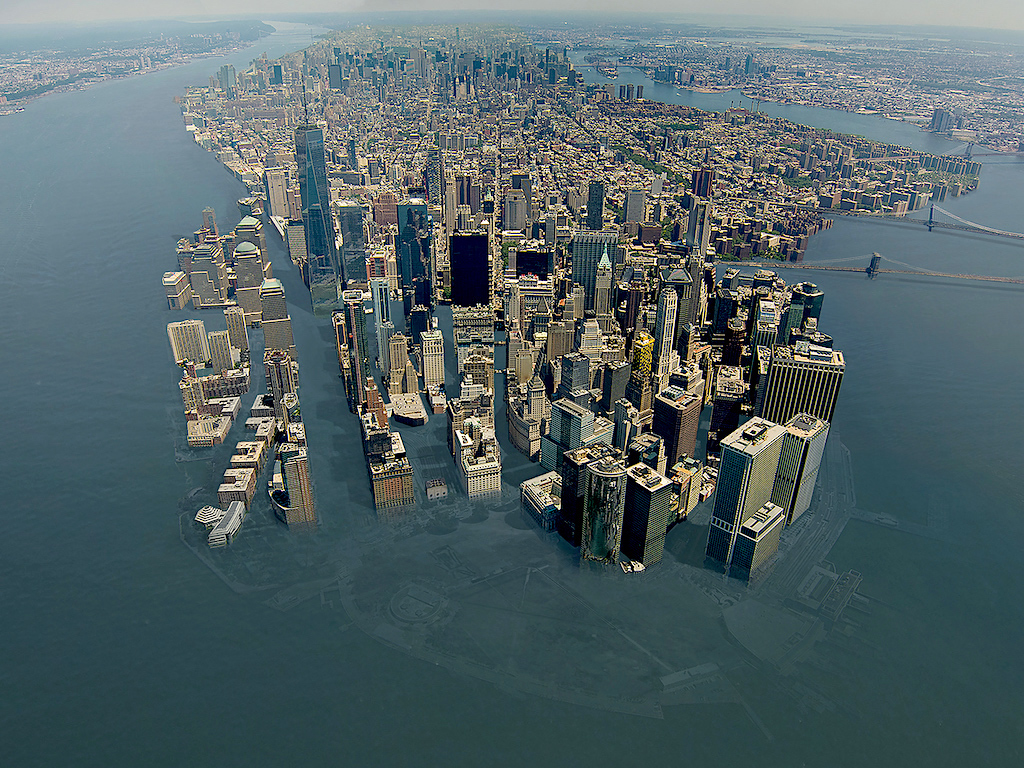3 Mins Read
While world and business leaders continue to quarrel over the hefty costs of climate action–taking into account climate risks, implementing climate mitigation and putting in place climate resilient policies–a new study shows that comprehensive measures to fight the global crisis is the cheapest option we have left. Using modelling data, researchers find that if climate action continues to be delayed, escalating temperatures will bring about severe economic costs, from disaster damage to reduced labour capacity leading to global downturn.
In a new study published in the journal Nature Communications, scientists at the Potsdam Institute for Climate Impact Research (PIK) in Germany find that delaying expensive climate action is counterintuitive, and will bring about additional costs the longer the world continues to wait.
Using the existing Dynamic Integrated Climate Economy (DICE) computer simulation, which was built by Nobel Laureate of Economics William Nordhaus to investigate the impacts of climate change, the scientists modelled and compared the costs of cutting greenhouse gas emissions now against the costs of further climate change.
According to their calculations, the world’s cheapest option at this point is to pay what it takes to limit global temperature heating to 2 degrees celsius–as outlined in the Paris Agreement–or risk massive costs in the long run.
“To secure economic welfare for all people in these times of global warming, we need to balance the costs of climate change damages and those of climate change mitigation. Now, our team has found what we should aim for,” said climate scientist and co-author of the study Anders Levermann from PIK.
In the modelling simulation, the team at the institute considered numerous factors, including changing consumption patterns, the effect of temperatures on fuelling socio-political unrest and conflict, and climate disasters such as flooding, unpredictable weather events, drought and wildfires.
The findings of the study show that even if we discount the massive human, physical security and political impacts of our climate emergency, from an economic standpoint, limiting global heating to 2 degrees celsius is the cheapest option left on the table. PIK’s team of scientists warn that “fast and fundamental global action” is proven as a requirement if we are to avoid further costs.
“The world is running out of excuses to justify sitting back and doing nothing. All those who have been saying that climate stabilisation would be nice but is too costly can see now that it is really unmitigated global warming that is too expensive. Business as usual is clearly not a viable economic option anymore,” said Levermann.
The study’s published findings come as the climate crisis is finally dominating the global conversation amongst the world’s top leaders and business figures. In the most recent World Economic Forum’s annual risks report, environmental and climate issues took the top 5 concerns and urged powerful businesses and governments to take a leading position to combat climate emergency before potentially irreversible consequences–such as the ongoing Australian wildfires–take over the planet.
At the conference, teenage climate activist Greta Thunberg pointed out in a poignant speech to state government leaders and multinational CEOs that guilt-induced offsetting and tiny steps to divest from fossil fuel companies simply won’t suffice to stop our planet from burning.
“Let’s be clear…Our emissions have to stop…We need real net zero, because distant net-zero emission targets will mean absolutely nothing if we just continue to ignore the carbon budget that applies for today,” she said to the crowd.
Lead image courtesy of Shutterstock.




